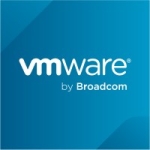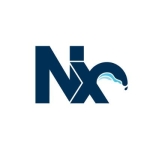We use Jenkins for building our applications, deploying our applications, and some automation tasks.
We are using the open-source version and there is a lot of plugins and features that are available and it works on agents for free. In other solutions, it will cost extra to use them with the agent.
The UI of Jenkins could improve.
I have been using Jenkins for approximately six years.
Jenkins is stable. It provides all the required features for stability, such as backups.
Jenkins is scalable because it is open source and it integrates with other third-party vendor tools which are currently in the market, such as Microsoft Azure or Amazon AWS. It gets very well integrated with all the new tools, it doesn't remain isolated.
We have multiple projects that are using this solution and each project has multiple users. In one project we could have 50 users or in another 10 users are using it.
We didn't face any issues to escalate to Jenkins for technical help.
We have previously used Bamboo. I use both Jenkins and Bamboo per our project requirements. Jenkins is more suitable for commercial projects and is more scalable and flexible as compared to other tools because its core focus is on integrating and updating automatically.
The initial setup of Jenkins was straightforward. It's very lightweight and it only requires Java on your system as a requirement.
We did the implementation of the solution ourselves with our team.
We are using the free version of Jenkins. There is not a license required to use the solution because it is open-source.
My advice to others is to explore Jenkins well and it is integrated with the scripting site. Teams should explore the scripting part of the Jenkins because everybody's nowadays is writing pipeline as a code for automating their operations. They should try to utilize the new feature provided to them, such as pipeline as a code.
It does not matter what solution they are using, such as Microsoft Azure DevOps or Amazon AWS DevOps, Jenkins will integrate with other solutions. They should try and use Jenkins even if they're using some other tool.
I rate Jenkins an eight out of ten.























